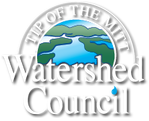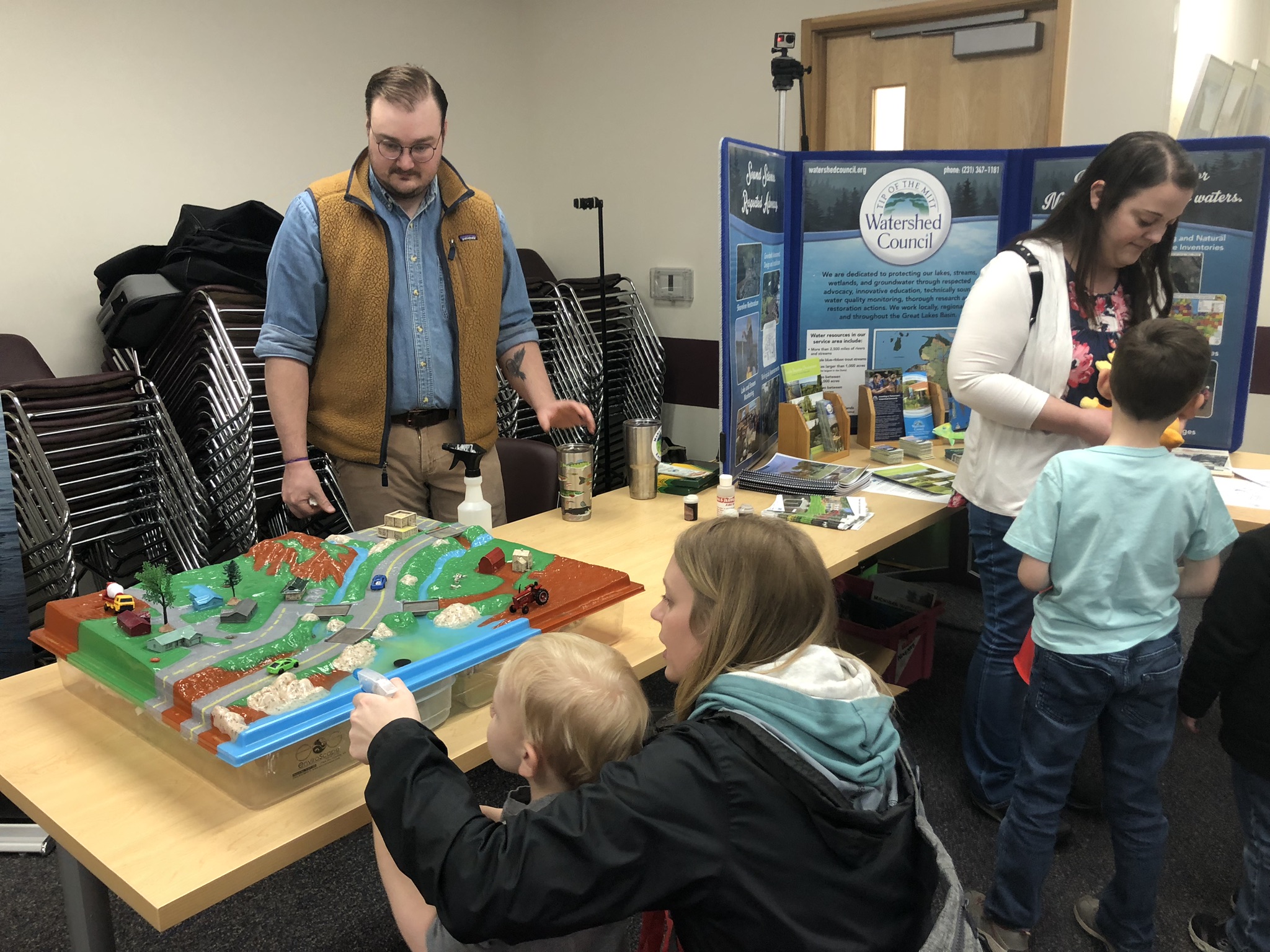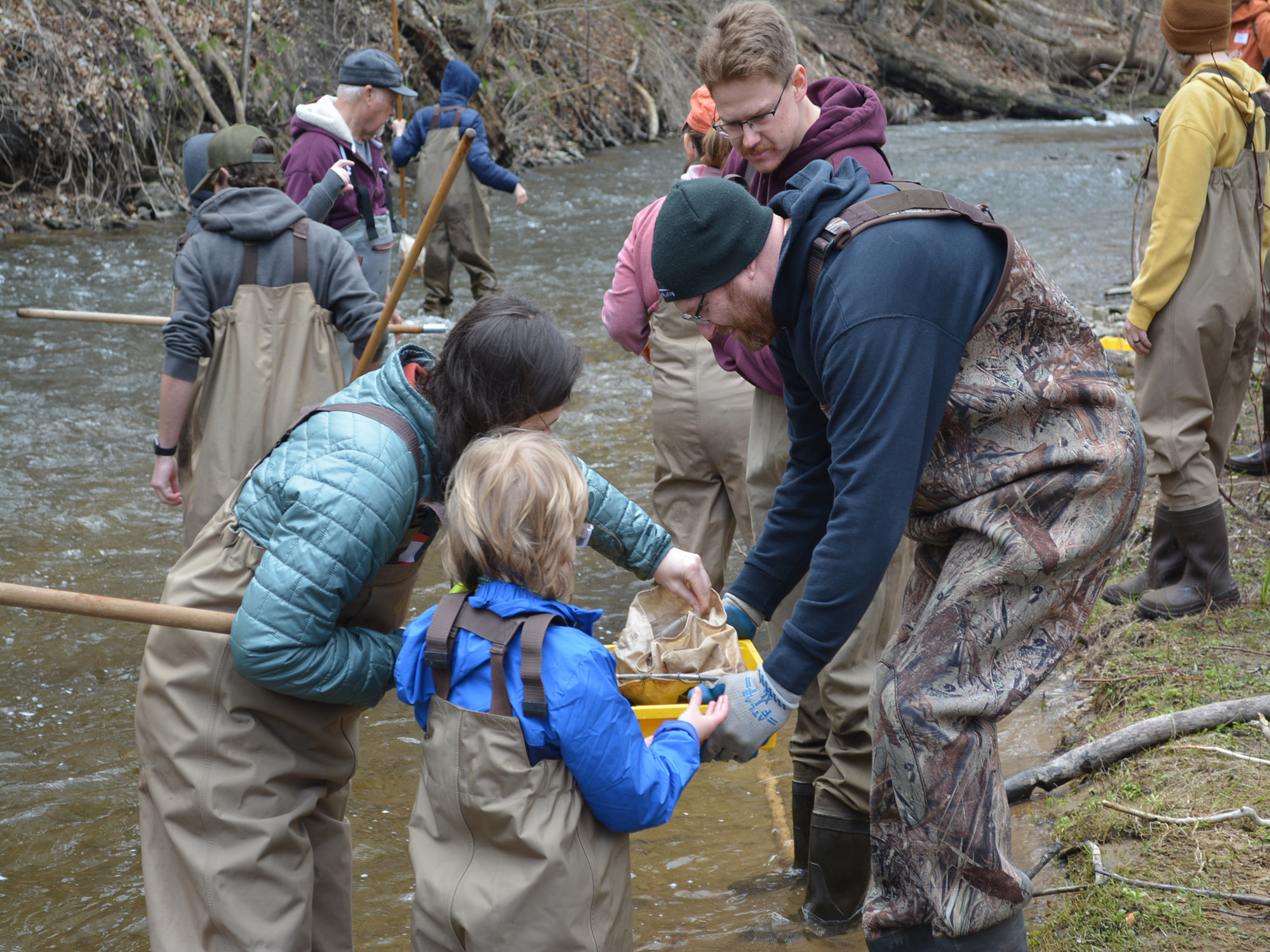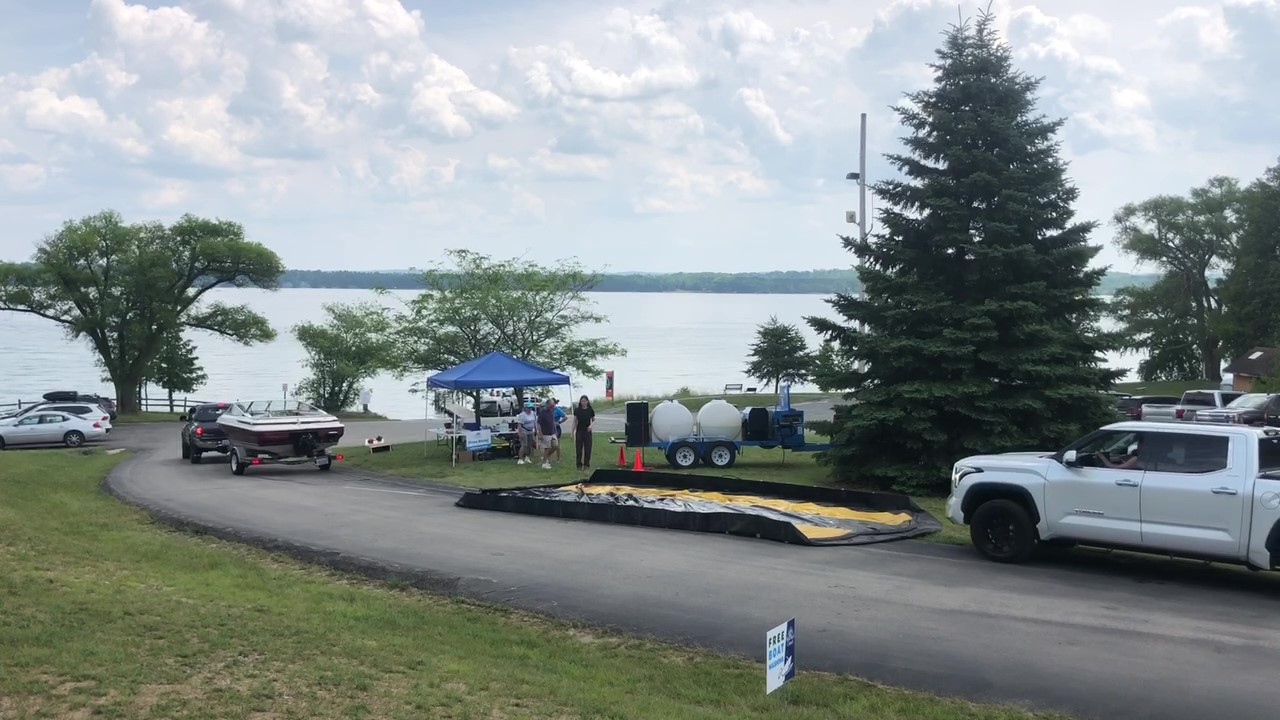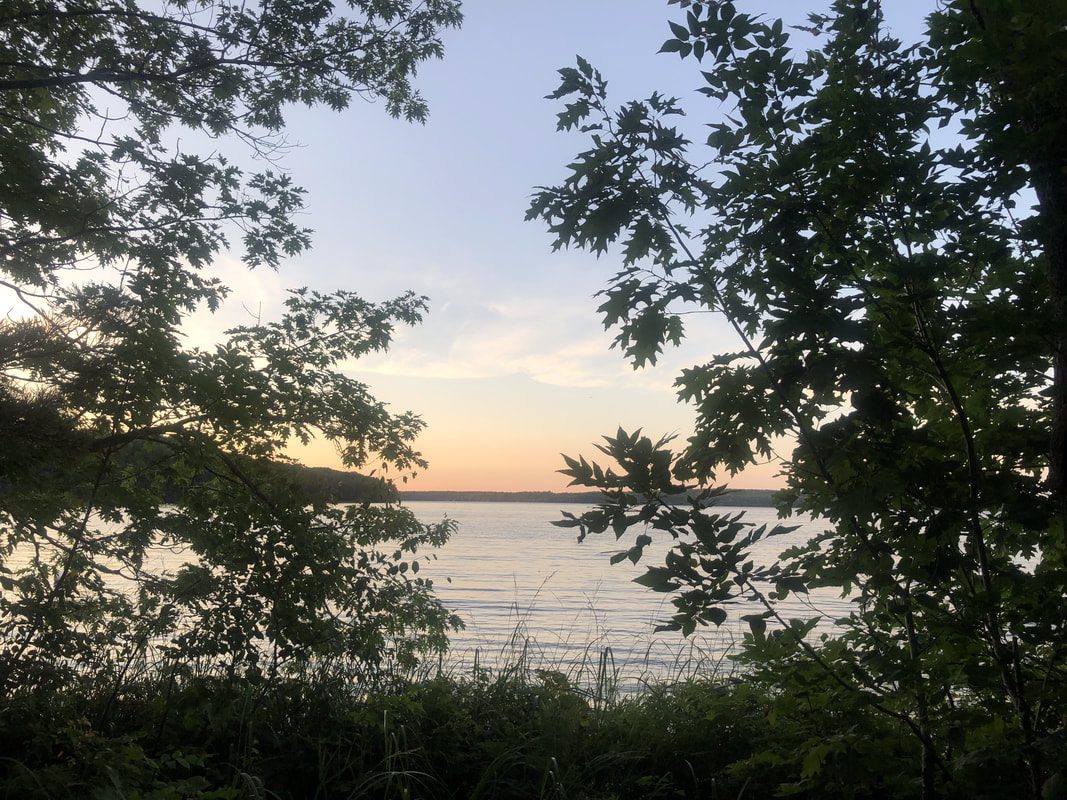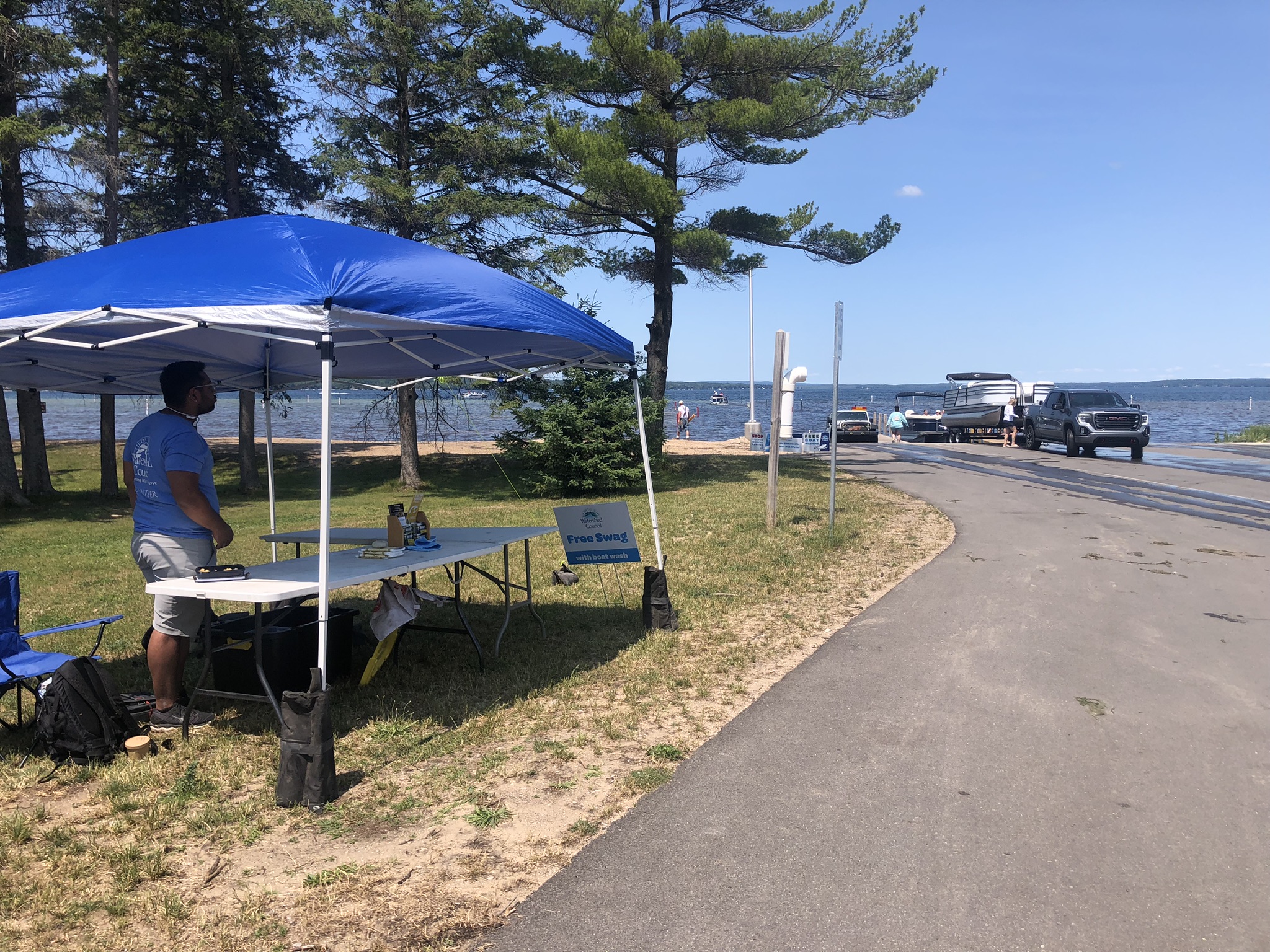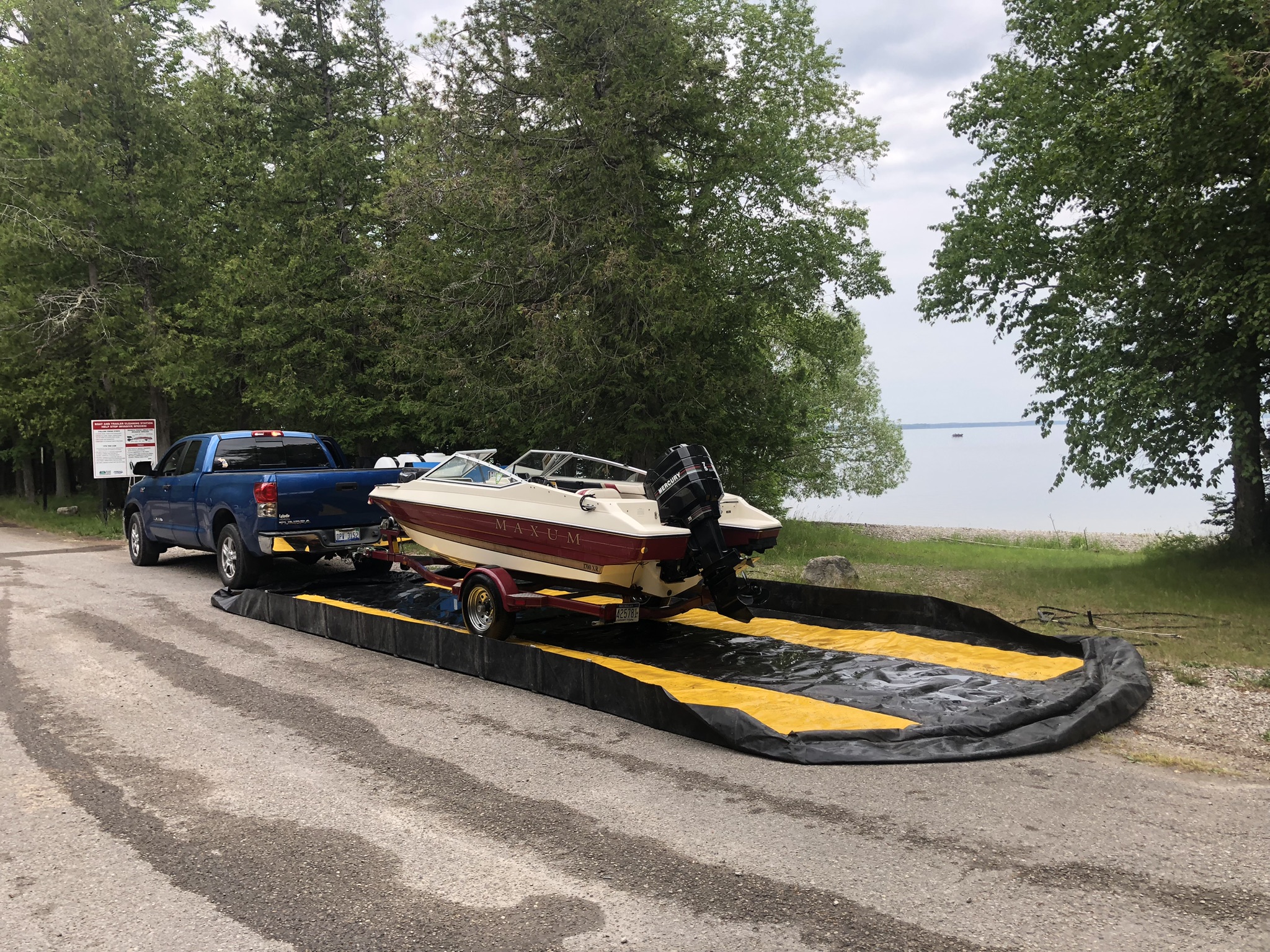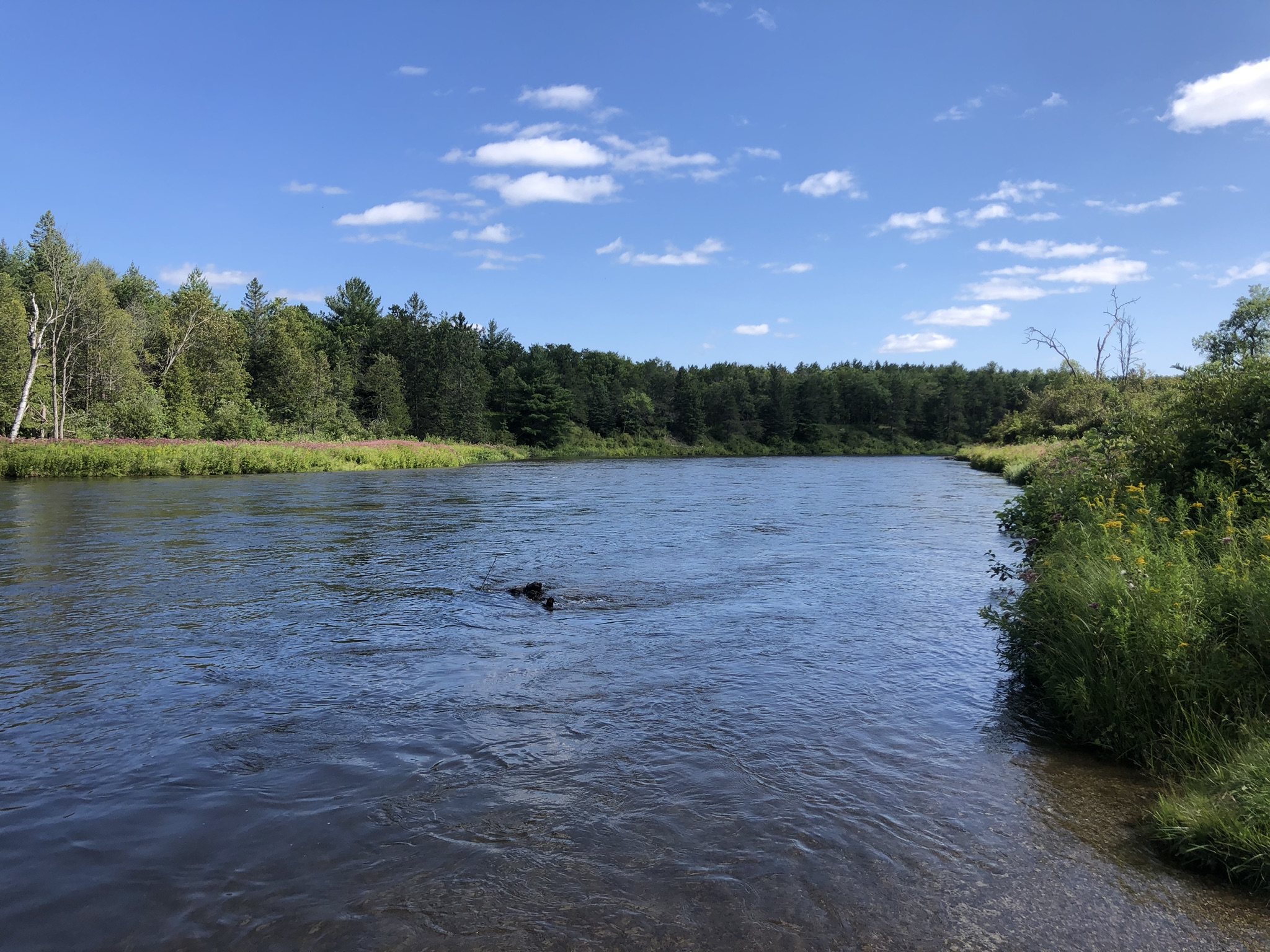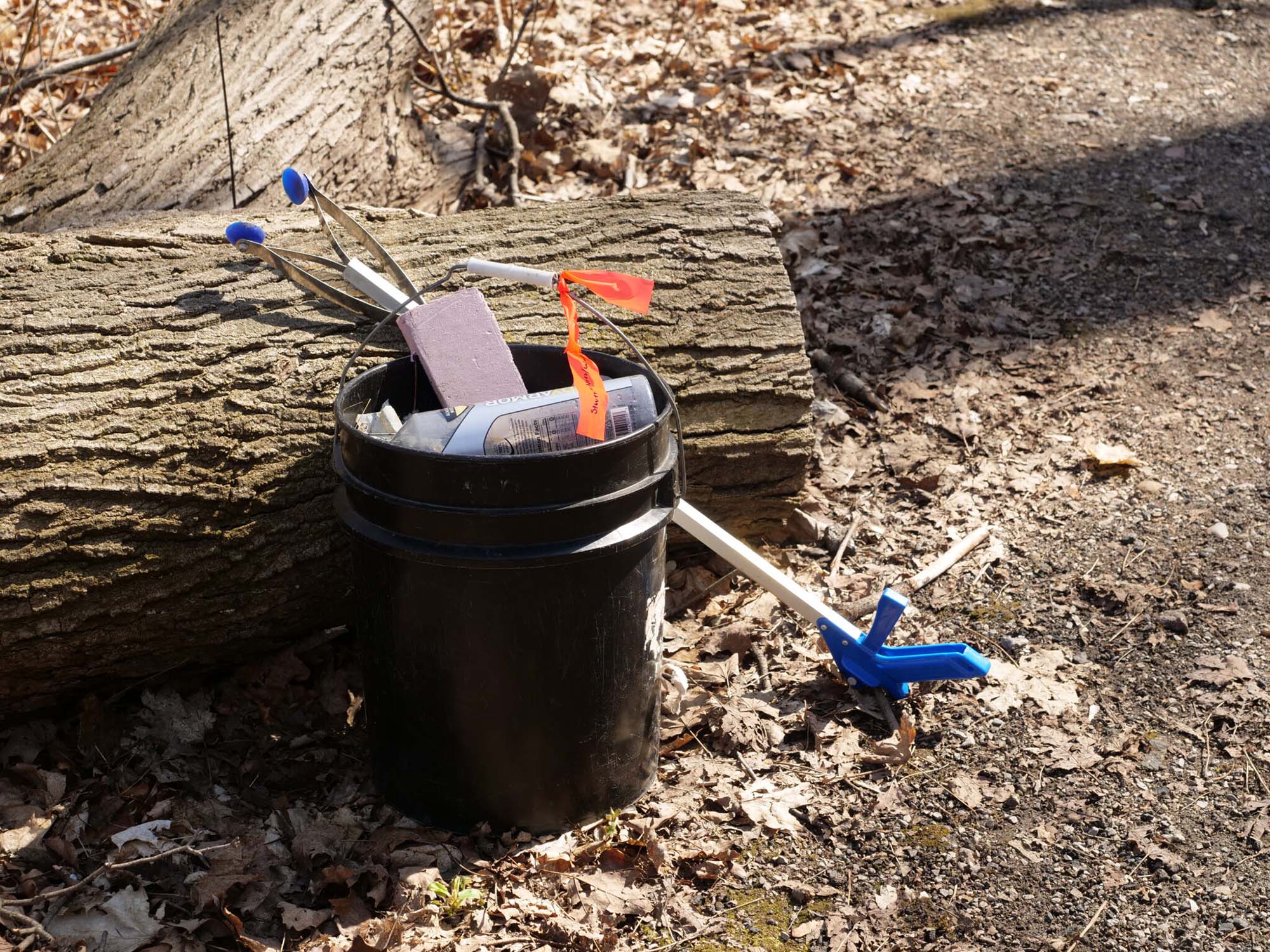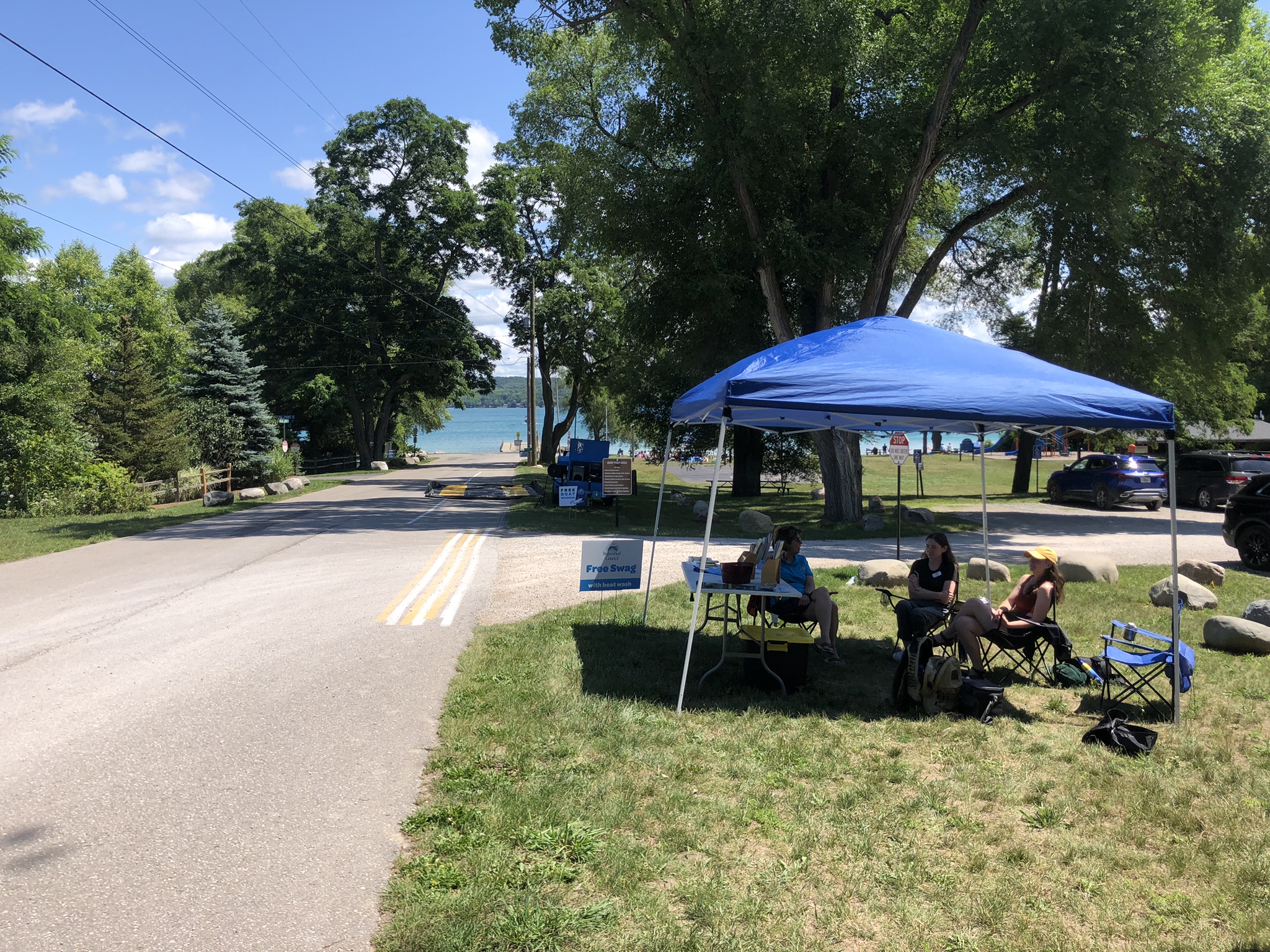Earth Week Plus Expo
Cheboygan Area Public Library 100 S. Bailey, Cheboygan MI, United StatesLearn about the need to conserve and protect our earth for the Earth Plus Expo at the Cheboygan Library on Saturday, April 20, 10:00 – 2:00. All free and open to the public. Suitable for children of all ages. See the “vampires of the Great Lakes,” sea lamprey, and learn how they can destroy fish […]
